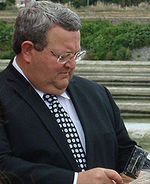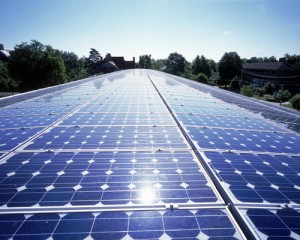 A Close Up interview on TV One this week looked at the economic desirability of the proposed expansion of drilling exploration in New Zealand weighed against the environmental concerns. I had just finished my post on the feasibility of renewable energy fully powering the world’s economies by 2050 and it interested me that both the Government and the industry spokespeople chose to make much of the assumption that any change to renewable sources of energy is a long way off. A safe distance, one might say. The assumption was used to buttress the case for expanded exploration. Transport Minister Gerry Brownlee:
A Close Up interview on TV One this week looked at the economic desirability of the proposed expansion of drilling exploration in New Zealand weighed against the environmental concerns. I had just finished my post on the feasibility of renewable energy fully powering the world’s economies by 2050 and it interested me that both the Government and the industry spokespeople chose to make much of the assumption that any change to renewable sources of energy is a long way off. A safe distance, one might say. The assumption was used to buttress the case for expanded exploration. Transport Minister Gerry Brownlee:
“This is a revenue [stream] for the Government that’s very very large. You’ve got to realise that the world is not going to go away from being a hydro-carbon economy literally for decades.”
David Robinson of the NZ Petroleum Exploration and Production Association:
“I’m as keen on the clean green technology as anyone. I’m very much an environmentalist myself. The reality of the world energy supply at the moment though is that renewables struggle to get to 30 percent…the reality is that the world’s oil and gas is what is fuelling the world today and it will be quite a number of years, many decades in fact, before it is replaced by some of the newer technology. Which will be wonderful when it happens but for the time being the world is very heavily reliant on oil and gas.”
Continue reading “Unsafe assumptions guide expansion of drilling in NZ”

 A new
A new